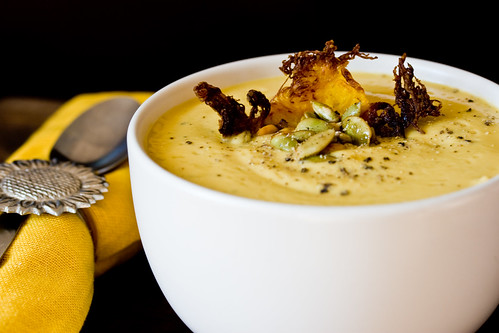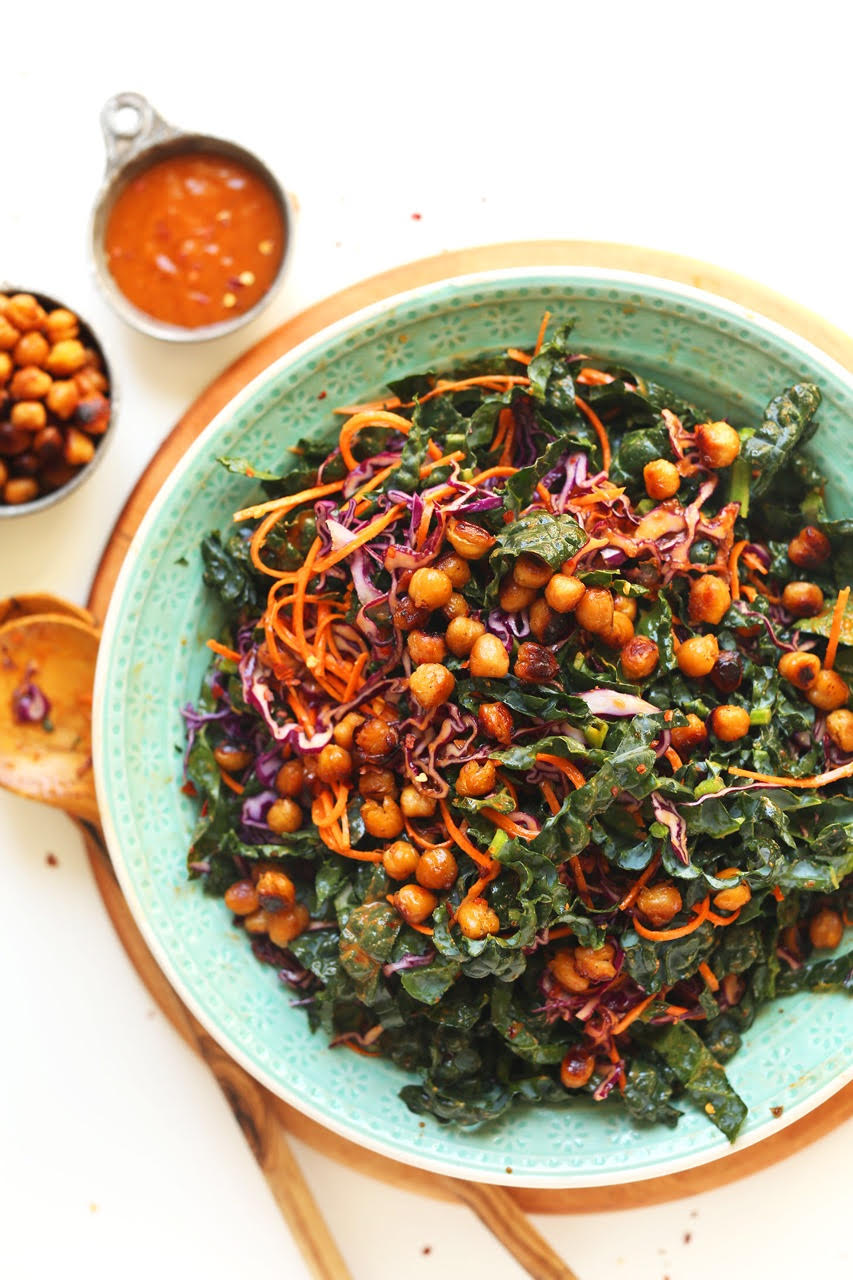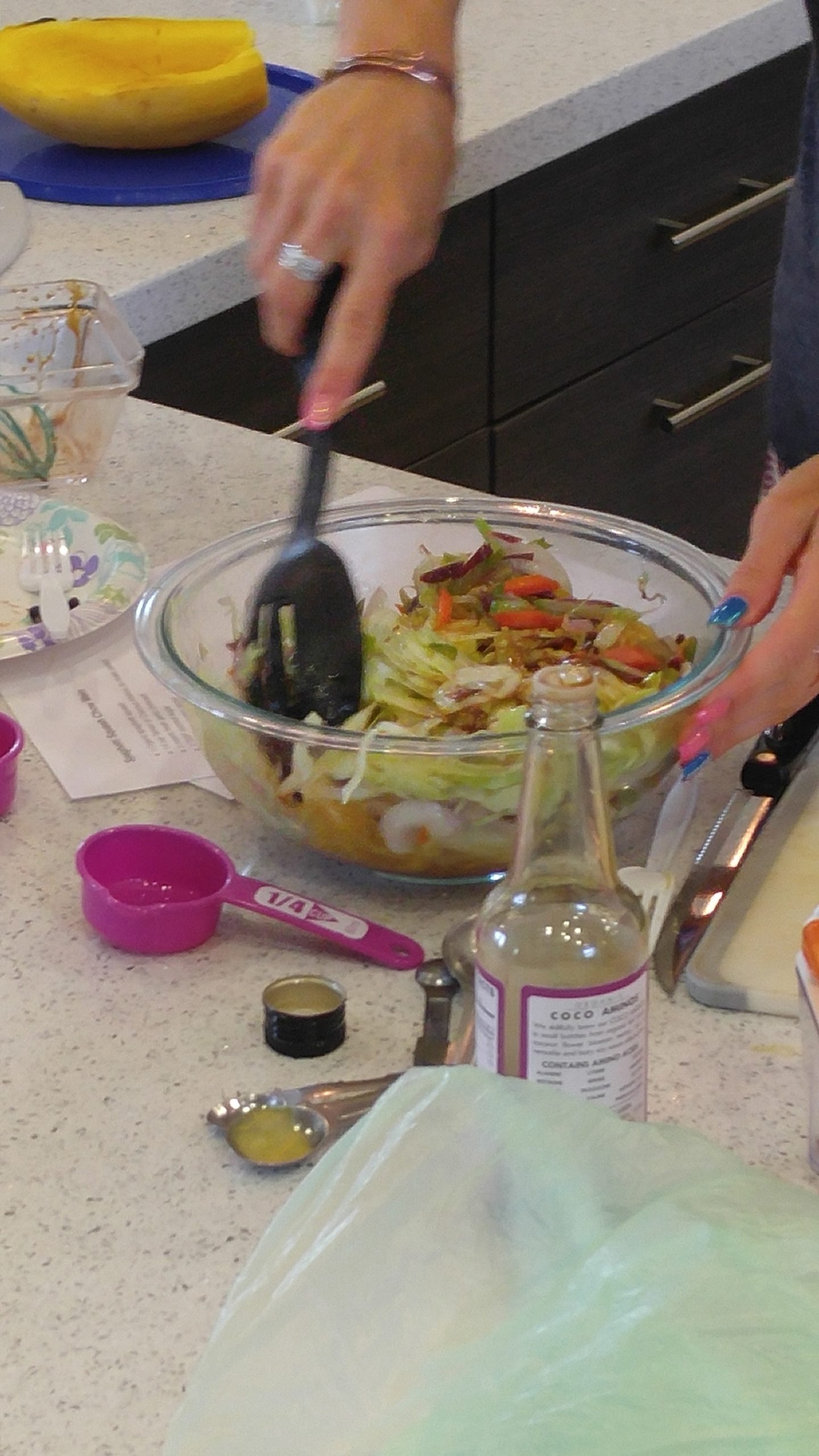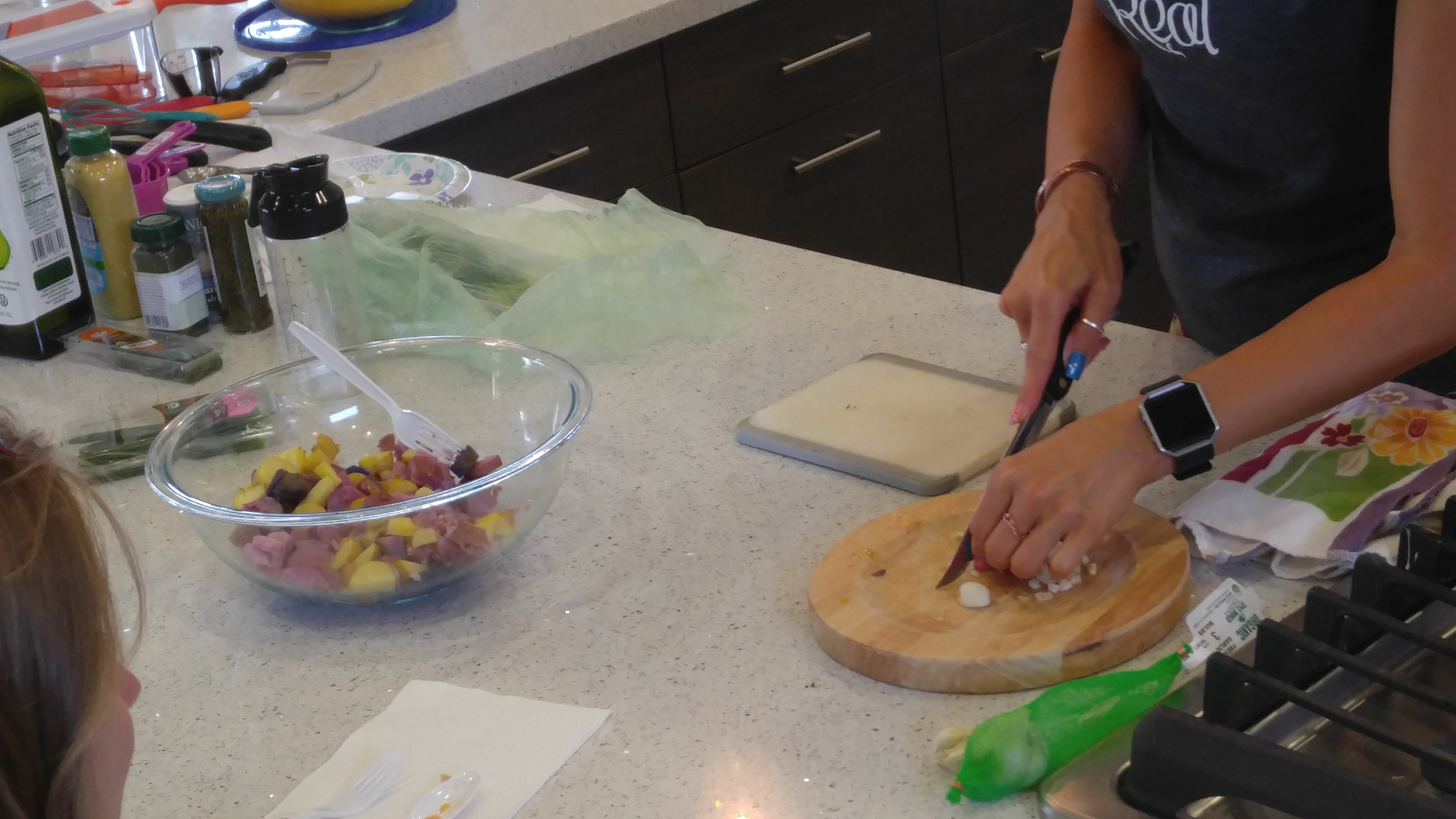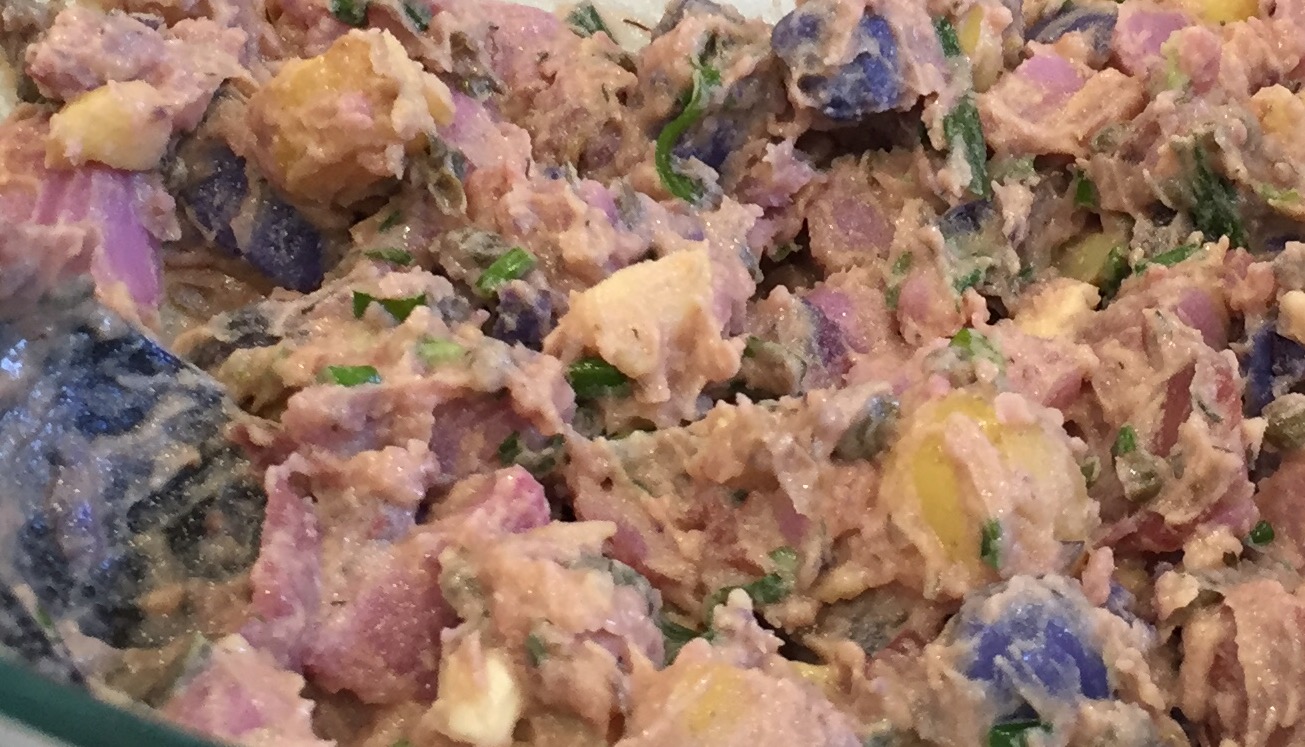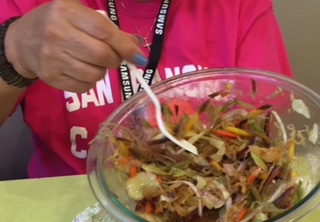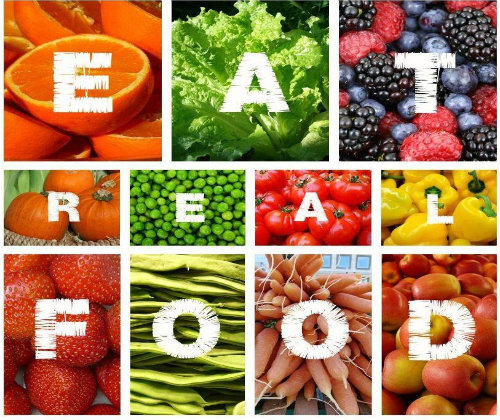Rutabaga Sweet Potato Soup
Vegan, Gluten Free
Happily Serves 4
ALL ORGANIC INGREDIENTS
1 Butternut squash, cut in half
3 Garlic cloves
2 cups Rutabaga
2 cups Sweet potato
Coconut or avocado spray oil.
1 tsp. Sea salt
½ tsp Pepper
1 Yellow onion
¾ Cup Soaked cashews
2½ Cups Coconut milk
2 Cups Vegetable or Bone broth
½ tsp Nutmeg
1 tsp Thyme
Preheat oven to 400º .
Wash and cut/dice veggies. Don’t forget to wash the squash before you cut into it, remove the seeds with a spoon.
Spray the squash with coconut or avocado oil and place cut-side down on a baking sheet or stoneware.
Cut garlic and let sit 5-10 mins.
Spray the rutabaga and sweet potato in coconut/avocado oil.
Add both to baking sheet. Bake for 45 minutes, stir half way through. It will cook Faster the smaller the pieces are. You can also bake these in the air fryer for a faster meal.
Sauté onion and garlic until soft and caramelized.
Remove roasted veggies from oven and blend all the rest of the ingredients in a food processor until smooth. The nuts may remain grainy, but that’s ok.
You can add water to reach desired consistency.
Rutabagas Nutrition Facts
Serving Size: 3.5 ounces (100 grams), raw
Calories 39
Calories from fat 2
Total fat 0 g 0%
Saturated fat 0 g 0%
Trans fat
Cholesterol 0 mg 0%
Sodium 20 mg 1%
Total Carbohydrate 9 g 3%
Dietary Fiber 2 g 7%
Sugar 6 g
Protein 1 g
Vitamin A 0% Vitamin C 31% Calcium 5% Iron 3%
Health Benefits of Rutabagas
All crucifers (brassicas or cole crops) are high in antioxidant and anti-cancer compounds. The anti-cancer properties of these vegetables are so well established that the American Cancer Society recommends that Americans increase their intake of cruciferous vegetables.
Rutabaga’s most significant nutrient comes from vitamin C. One cup contains 53% of the daily recommended value, providing antioxidants and immune system-supporting functions that help protect the cells from free radical damage. Although rutabagas provide only 5% of the iron needed for healthy blood on a daily basis, vitamin C enhances its absorption, while helping to form both collagen and the thyroid hormone thyroxine, which protect cells against damage, encourage wounds to heal, fight infections, and promote healthy bones, teeth, gums, and blood vessels.
Beta-carotene-rich rutabagas are also an excellent source of potassium and manganese (for energy), and a good source of fiber, thiamin, vitamin B6 (helps support the nervous system), calcium (for strong bones), magnesium (helps absorb calcium and combat stress), and phosphorus (helps metabolize proteins and sugars).

